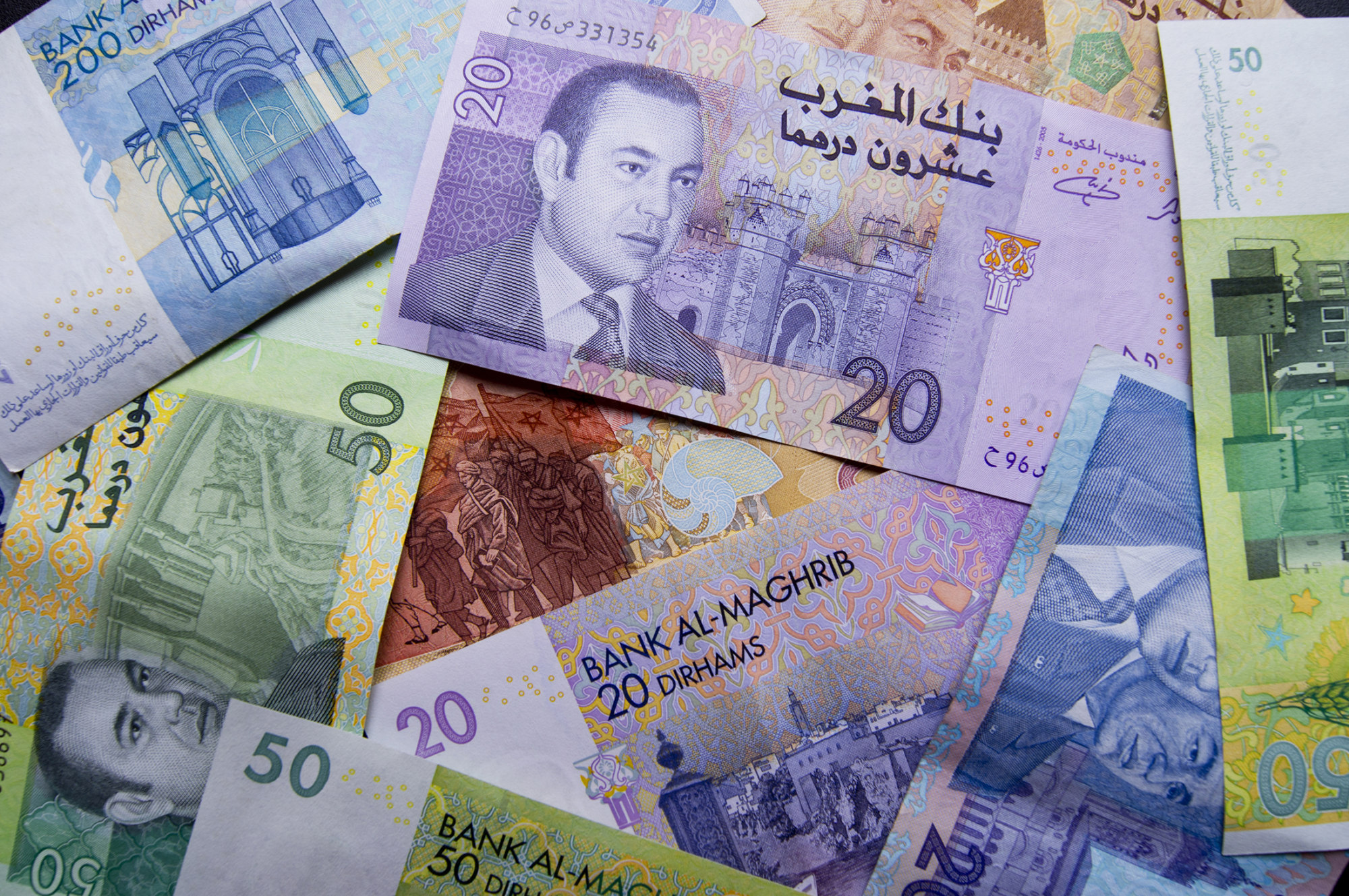Bloomberg
More stories by Ahmed Feteha
The International Monetary Fund said it doesn’t see any reason for Morocco to accelerate the pace of the currency reform it kick-started this year to make its economy more competitive.
Unlike other emerging economies, Morocco didn’t loosen currency restrictions under pressure, so authorities can take their time with future steps, Nicolas Blancher, the IMF’s mission chief for Morocco, said in a conference call with reporters.
Policy makers have the capacity to engineer “a transition which is orderly and gradual,” Blancher said. “You want some gradual deepening of FX markets in Morocco on the dirham, and development of various segments like derivatives or other hedging instruments.”
In January, Morocco widened the band in which the dirham can fluctuate to 2.5 percent up and down from 0.6 percent earlier. Authorities said the measure was part of a broader plan to boost growth by opening the Moroccan economy and making it more resistant to external shocks.
Blancher’s comments suggest that Morocco’s economy will continue to be one of the Arab world’s best performing, thanks to the stability the country has enjoyed while others such as Tunisia, Egypt and Syria suffer from the aftermath of the Arab Spring uprisings.
The IMF has a favorable outlook for Morocco, Blancher said, with economic growth expected to accelerate to 4.5 percent annually in the medium term. Risks include an increase in energy prices given that Morocco is a net oil importer, he said.
The Moroccan economy grew by an estimated 4.4 percent in 2017, Blancher said. Unemployment, especially among young people, remains high, and authorities need to focus on improving education, expanding competition and reforming the labor market to create jobs, he said.








